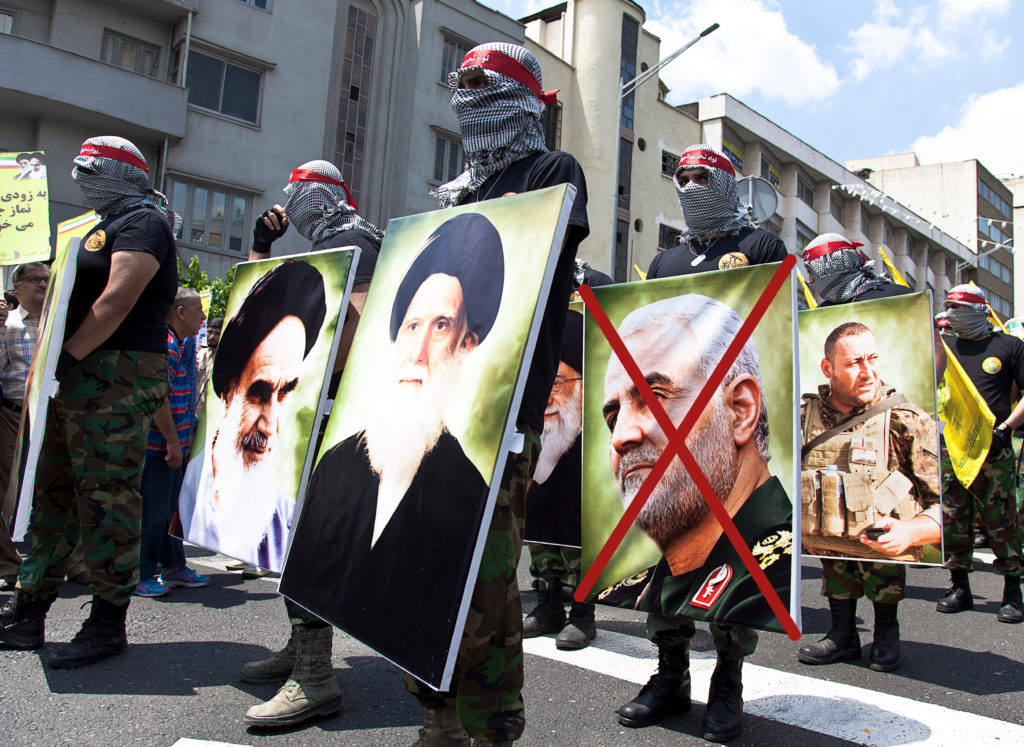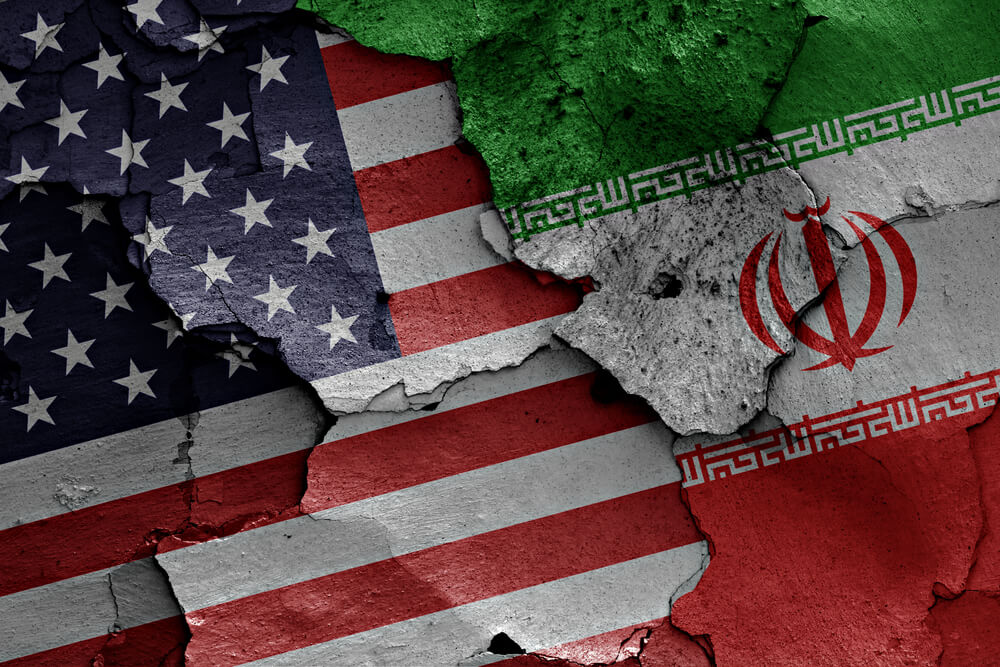U.S. Pentagon officials are denying threats to hit Iranian cultural sites with any sort of offensive despite President Donald Trump’s recent statements that the U.S. could do just that as part of the latest escalation in tensions between Tehran and Washington.
Trump’s Sunday tweet was in response to Iran’s threat of retaliation for the killing of Qassem Soleimani, Iran’s top general and second-most powerful leader after Supreme Leader Ayatollah Ali Khamenei. Trump tweeted that the U.S. had “targeted 52 Iranian sites,” some that were “at a very high level & important to Iran & the Iranian culture, and those targets, and Iran itself, WILL BE HIT VERY FAST AND VERY HARD.”
….targeted 52 Iranian sites (representing the 52 American hostages taken by Iran many years ago), some at a very high level & important to Iran & the Iranian culture, and those targets, and Iran itself, WILL BE HIT VERY FAST AND VERY HARD. The USA wants no more threats!
— Donald J. Trump (@realDonaldTrump) January 4, 2020
But Joint Chiefs of Staff Chairman Gen. Mark Milley said that the U.S. military “will follow the laws of armed conflict,” during a press gaggle Monday. Those specific laws, which are a branch of international law meant to provide guidelines for armed conflict, consider targeting cultural sites a war crime.
Here is a full transcript of the questioning during the event:
Q: The president has twice now, not hypothetical, said he is willing to strike cultural sites. Truly cultural sights not with weapons that makes them military targets. So straight-up could you both say whether you are willing to target cultural sites?
GEN. MILLEY: We will follow the laws of armed conflict.
Q: And that means no because targeting a cultural sight is a war crime …
GEN. MILLEY: That’s — that’s the laws of armed conflict.
Iranian Mourners Seek Revenge, Raising Red Flags in US
 Soleimani was killed in a airstrike Friday (late Thursday ET) at Baghdad International Airport in Iraq. Millions of people in Iran and Iraq are participating in three days of mourning led by Khamenei, who is not backing down with threats of “harsh revenge” against the U.S.
Soleimani was killed in a airstrike Friday (late Thursday ET) at Baghdad International Airport in Iraq. Millions of people in Iran and Iraq are participating in three days of mourning led by Khamenei, who is not backing down with threats of “harsh revenge” against the U.S.
Iran’s Supreme National Security Council secretary revealed “13 revenge scenarios” against the U.S. on Tuesday, and warned that “even if there is consensus on the weakest scenario, carrying it out can be a historic nightmare for the Americans.”
On top of that, Iranian presidential adviser Hesameddin Ashena tweeted a cryptic message that only included a link to a Forbes article on the net worth of Trump, including his various properties around the world, signalling a potential plan to target the U.S. president’s properties.
— Hesameddin Ashena (@hesamodin1) January 5, 2020
Soleimani’s death followed another U.S. airstrike last week that killed 25 members of an Iranian-backed Iraqi Shiite group responsible for rocket attacks that killed U.S. allies, including a U.S. contractor.
Tensions in the Middle East have continued to rise since Washington pulled out of the Iran nuclear deal in 2018. Attacks on oil tankers and Saudi Arabian oil fields in 2019 were also largely blamed on Iran, who has denied involvement.




